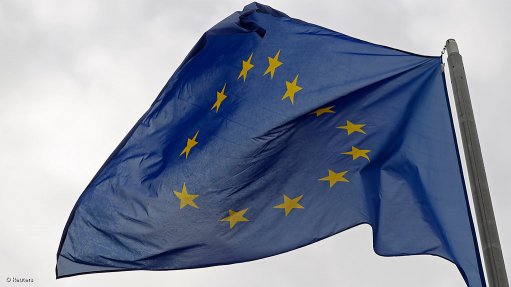
The European Union’s (EU’s) ambassador to South Africa, Riina Kionka, confirmed on Thursday that the bloc intended initiating a dialogue with the South African government on the current rules governing broad-based black economic empowerment (BBBEE), compliance with which remained challenging for most European investors.
Kionka stressed that EU businesses were not opposed to the policy itself, which they viewed as important for delivering the economic transformation required for greater inclusion of black citizens in the economy.
Nevertheless, the EU felt that the policy needed to be “recalibrated” to take account of the constraints on many foreign firms, especially small and medium-sized enterprises and family-owned businesses, to relinquish ownership or to implement complex equity-equivalent schemes.
These difficulties were again highlighted in a newly published study into the response of a diverse range of EU investors to BBBEE.
The firms canvassed for the study, released on November 5, were both large and small and included investors in a range of sectors from Austria, France, Germany, Portugal and Sweden.
Respondents expressed support for the BBBEE objectives, but expressed frustration with the way the policy was being implemented and with the changes that had been made to the codes through which compliance was measured.
The businesses interviewed also called for the skills-development component of the codes to receive greater prominence and a larger scorecard weighting.
Kionka reported that, despite these frustrations, 27% of EU investors in South Africa had achieved a BBBEE rating of Level 4 or better, with Level 1 representing the greatest level of compliance. A further 22% of EU firms had ratings ranging from levels 5 to 9.
There are estimated to be some 1 055 EU businesses with operations in South Africa.
Kionka said that the EU was deeply committed to collaborating with the South African government to find a “win-win” solution, which supported both economic transformation and continued investment in what was still perceived to be an attractive market for EU firms.
She indicated that it had approached the Department of Trade, Industry and Competition to initiate a dialogue on the BBBEE policy and the codes, but that it still awaited a response.
The EU was also aware that other countries had similar “challenges” with the policy. However, it had not yet approached these countries or other blocs to partner with in seeking a recalibration of the policy.
“I won’t speculate on what [the outlook for foreign direct investment] will be if the status-quo remains, but we all know very well that investors vote with their feet.”